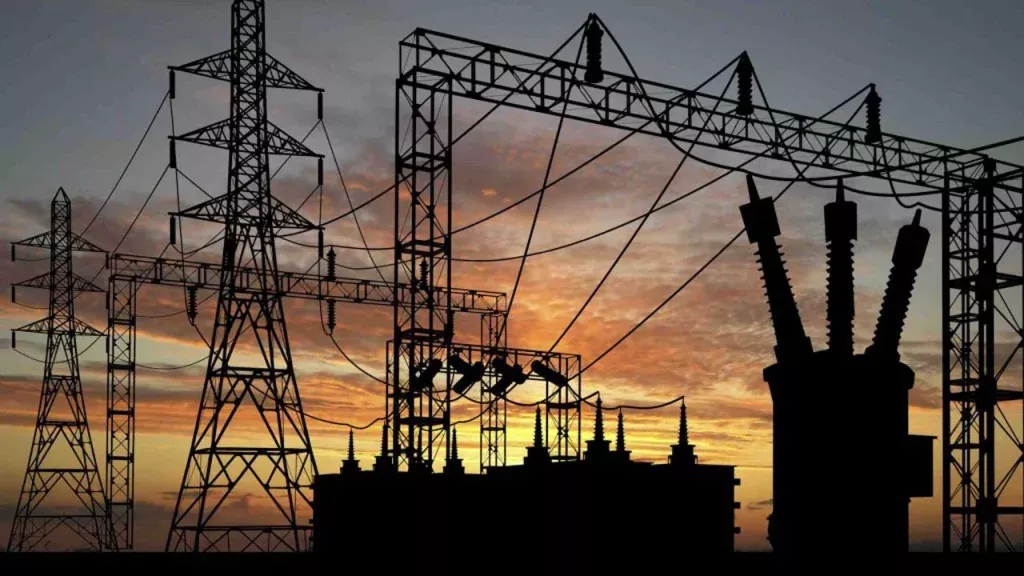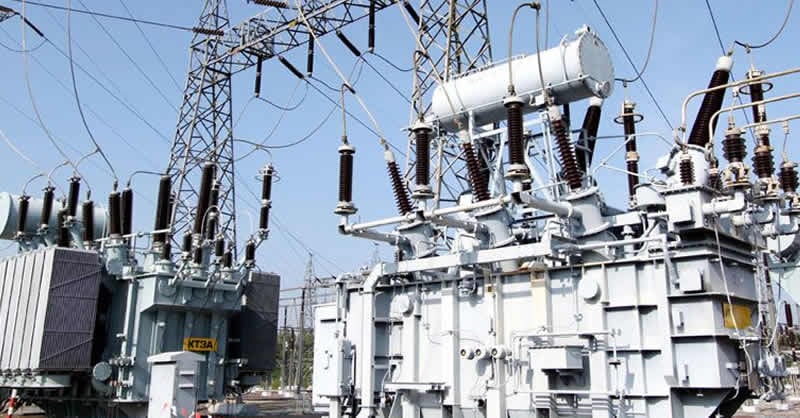Nigeria’s Revenue-Generating Agencies Deduct N533.11bn as Costs of Revenue Collection
In a shocking revelation, Nigeria’s three major revenue-generating agencies – the Nigeria Customs Service, Federal Inland Revenue Service, and Nigerian Upstream Petroleum Regulatory Commission – have deducted a staggering N533.11 billion as costs of revenue collection in the first seven months of 2024. This figure marks a substantial increase of 99.85 per cent compared to the N266.75 billion recorded in the same period last year.
The FIRS, which covers Value Added Tax, company income taxes, and other revenue sources critical to the government’s fiscal operations, deducted the largest share of the cost of collection, totaling N254.82 billion. This represents about 47.8 per cent of the combined N533.11 billion.
The NCS, responsible for managing customs duties and excise collections from imports and exports, received the second-largest share, amounting to N147.64 billion. This is a marked increase of 114.49 per cent from N68.86 billion in the same period last year.
The NUPRC, which regulates Nigeria’s upstream oil and gas sector, deducted N130.64 billion, about 24.5 per cent of the total cost of collection.
The significant increase in the cost of revenue collection has sparked calls for a review from state finance commissioners, who argue that the current cost of collection arrangement is disproportionate and unfair to states facing numerous challenges.
The Presidential Fiscal and Tax Reforms Committee, led by Taiwo Oyedele, has recommended reducing the cost of revenue collection to one per cent, aligning with global best practices where even high-revenue countries like South Africa spend less than one per cent.
Economists have weighed in on the issue, with some arguing that the cost of collection involves operational expenses incurred during revenue collection, while others believe that the cost is roughly equal to what the agencies spend to collect the revenue.
As the debate continues, it remains to be seen whether the government will take steps to address the concerns raised by state finance commissioners and reduce the cost of revenue collection.



